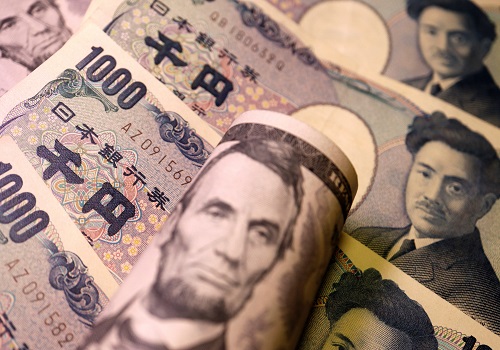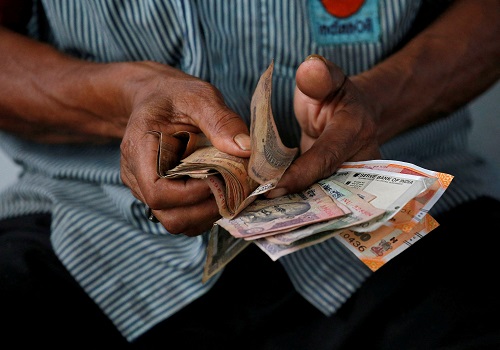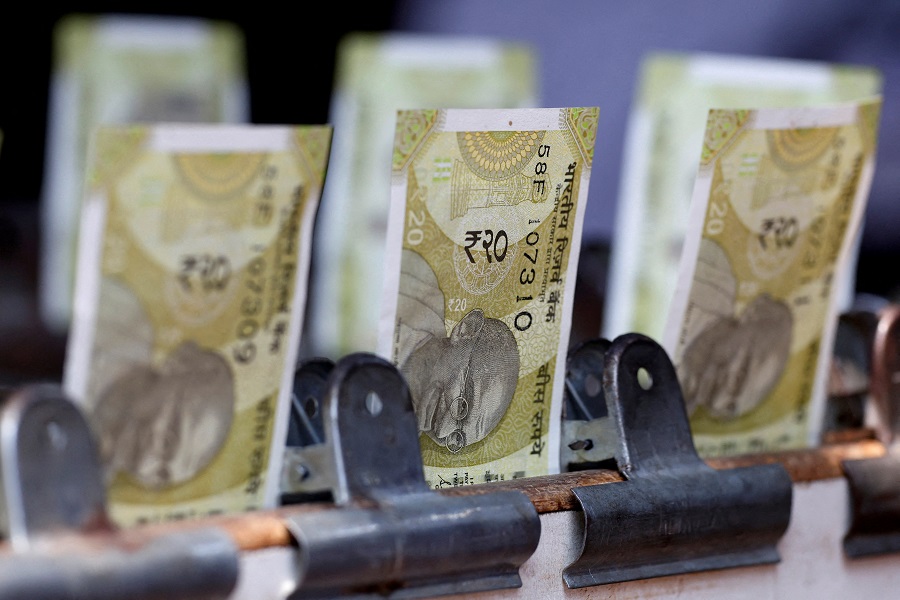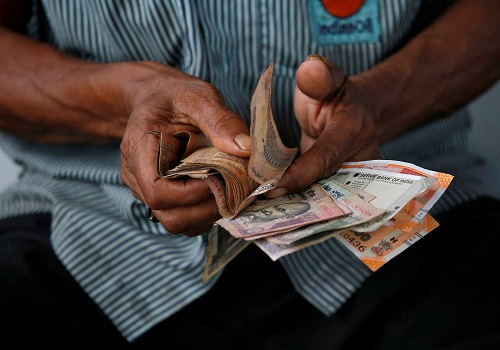Yen holds on to gains as traders digest BOJ surprise policy tweak

The yen eased a bit on Wednesday but held on to most of its overnight gains against the dollar as traders contemplated the shock Tuesday move by the Bank of Japan to adjust its control of bond yields, a slight move away from its ultra-easy monetary policy.
The BOJ decided to let long-term yields move 50 basis points either side of its 0% target, wider than the 25 basis point band previously imposed, even as it kept broad policy settings unchanged.
On Wednesday, the yen weakened 0.34% versus the greenback to 132.15 per dollar, but was not far off the four-month high of 130.58 per dollar that it touched on Tuesday in a 4% spike.
The currency market is still digesting the BOJ's policy tweak, said Carol Kong, a currency strategist at the Commonwealth Bank of Australia.
"The market has interpreted the decision as step towards an eventual pivot from the current ultra-dovish monetary policy," she said, adding that the yen could continue to appreciate in the near term.
The BOJ decision comes as investors fret about a slowing world economy, sky-high inflation and other central banks' moves to lift interest rates.
It also comes in a year when the yen has been exceptionally volatile, with the Japanese authorities stepping into the market in September to prop it up for the first time since 1998 and again in October, when it weakened to a 32-year low of 151.94 per dollar.
BOJ Governor Haruhiko Kuroda, who will step down in April, stressed the adjustment was not a prelude to a bigger tweak to the yield curve control policy and an eventual exit from ultra-easy monetary policy.
The next policy decision the BOJ takes will likely be a major one, such as changing long-/short-term policy rate targets or terminating yield curve control altogether, according to Goldman Sachs analysts.
Junichi Inoue, head of Japanese equities at Janus Henderson Investors, said there was likely to be some volatility for the short term. But he expected the BOJ decision to be "very positive for (the) overall market as it will remove unreasonable prices" such as the yen at 150 per dollar.
The dollar index, which measures the greenback against the yen and five other major currencies, was 0.154% higher at 104.110, having slipped 0.6% on Tuesday. The index is heading for its biggest quarterly loss in nearly 12 years.
The euro was down 0.13% at $1.0607, while sterling was last trading at $1.2164, down 0.14% on the day.
The Australian dollar fell 0.21% to $0.666, while the kiwi fell 0.61% to $0.631. The Antipodean currencies were wobbly after suffering big losses against the yen as rising Japanese yields threatened to kill flows into usually crowded carry trades.
========================================================
Currency bid prices at 0443 GMT
Description RIC Last U.S. Close Pct Change YTD Pct High Bid Low Bid
Previous Change
Session
Euro/Dollar $1.0608 $1.0623 -0.14% -6.69% +1.0628 +1.0608
Dollar/Yen 132.2500 131.6650 +0.32% +14.84% +132.3050 +131.6800
Euro/Yen 140.31 139.88 +0.31% +7.67% +140.5000 +139.6900
Dollar/Swiss 0.9285 0.9263 +0.21% +1.77% +0.9285 +0.9265
Sterling/Dollar 1.2162 1.2188 -0.19% -10.06% +1.2192 +1.2164
Dollar/Canadian 1.3618 1.3613 +0.03% +7.70% +1.3618 +1.3590
Aussie/Dollar 0.6664 0.6680 -0.21% -8.30% +0.6697 +0.6657
NZ 0.6307 0.6346 -0.58% -7.82% +0.6350 +0.6308
Dollar/Dollar
All spots
Tokyo spots
Europe spots
Volatilities
Tokyo Forex market info from BOJ

















